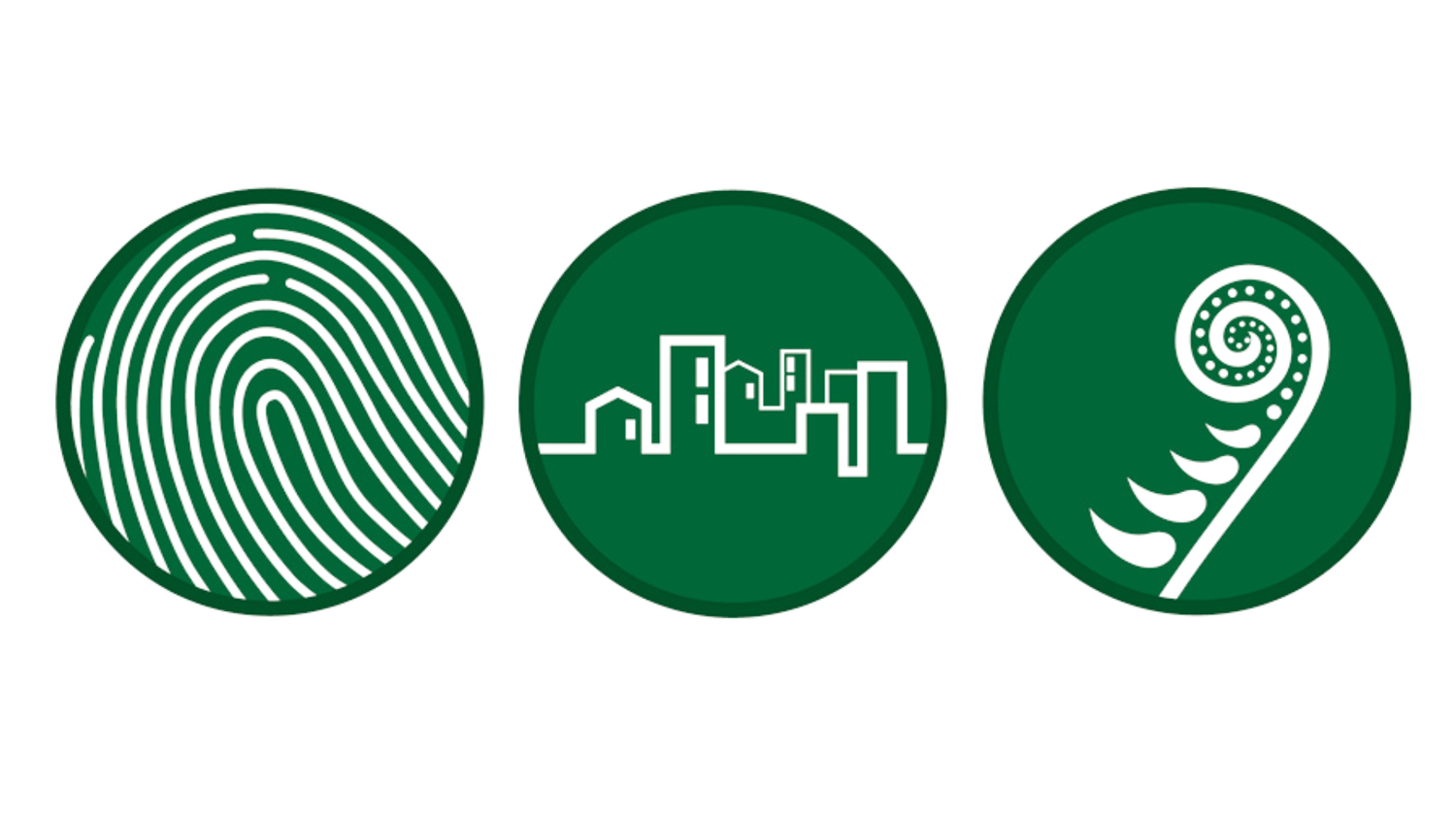
Previous Research
Our previous research aimed to improve the quality of life, health and economic wellbeing in New Zealand's cities and towns through advanced understanding of urban ecology and the creation of flourishing natural environments.
The programme had six key focus areas:
Plantings
Lizards
Predators
Maori values
Green space benefits
Cross-sector alliances
Urban ecological restoration often begins with native plantings. Our plantings research team have characterised plantings of different ages in New Zealand's towns and cities to better understand the requirements for efficiency and success of these important projects.
Plantings
Lizards
Little is currently known about where and how lizards survive in New Zealand's urban environments. Our lizards research team have investigated how predator control, habitat size and complexity, and environmental factors relate to urban lizard diversity and abundance.
Effective pest control in towns and cities requires a greater understanding of urban mammalian predators. Our predators research team have investigated the distribution and abundance of key mammal pests in urban settings and best practice approaches for their control.
Predators
Māori Values
Urban restoration projects intersect environmental, cultural and economic elements but little is known about the application of Māori values and priorities. Our Māori values research team have investigated Māori involvement in urban restoration and how kaitiakitanga can be facilitated.
Green Space Benefits
Greater engagement of people with urban restoration projects would be beneficial for native biodiversity and human health. Our green space benefits research team have investigated what motivates New Zealanders of different ethnicities to use green space and engage in urban restoration.
Cross-sector Alliances
Cross-sector alliances involve government, business and civil society working together to achieve environmental and social outcomes. Our researchers have identified how these arrangements can be structured and implemented to achieve effective urban ecological restoration in New Zealand.





